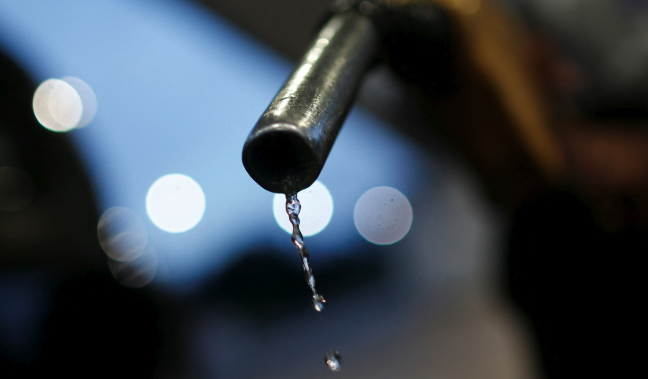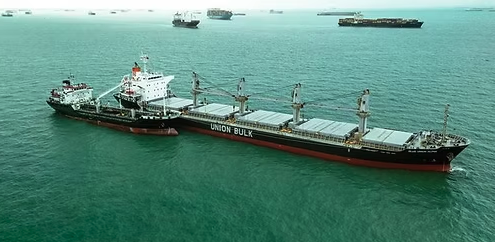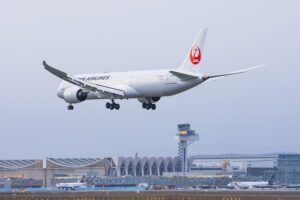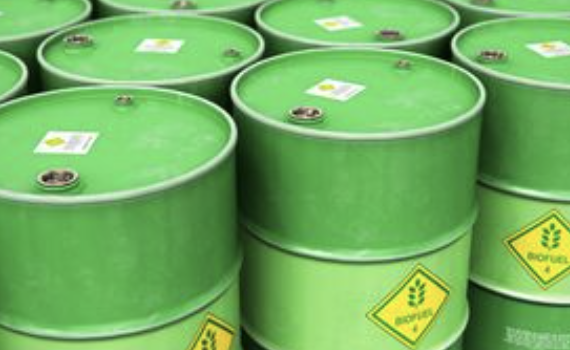
March 21, 2025
Biodiesel prices in Brazil had fallen nearly 7% this year as of early March, according to regulator ANP. Due to a record…

March 21, 2025
Airbus announced on March 20 that the first batch of Sustainable Aviation Fuel (SAF) was recently delivered at Airbus Canada’s A220 facility,…

March 19, 2025
Gianni Murano, Chairman of the Italian Union for Mobility Energy (UNEM), stated that although the European Commission’s position on biofuels is still…

March 19, 2025
Dan-Bunkering, a leading global bunker supplier, announced on March 18th that it has successfully completed a biofuel fill for its customer, Danish…

March 19, 2025
LanzaJet announced that Japan’s Ministry of Economy, Trade and Industry (METI) has selected Cosmo Oil to receive a FY2024 subsidy to support…

March 18, 2025
The Trade Remedies Authority (TRA) yesterday (March 17, 2025) initiated an anti-dumping investigation and a countervailing investigation into imports of hydrogenated vegetable…

March 14, 2025
According to the website of Hong Kong Bauhinia Magazine on March 14th, recently, PetroChina’s Hong Kong-based organization, International Business (Hong Kong) Company…

March 13, 2025
A coalition of eight organizations recently sent a letter to the House Committee on Fundraising urging Congress to extend the Section 40A…

March 13, 2025
On Wednesday, March 12, the Brazilian Union of Fuel and Lubricant Distribution Companies (Sindicom) submitted a request to the National Agency for…

March 12, 2025
March 13 – Mercedes-Benz has placed the largest single order for SAF with a DB SCHENKER customer. The record-breaking agreement enables the…







